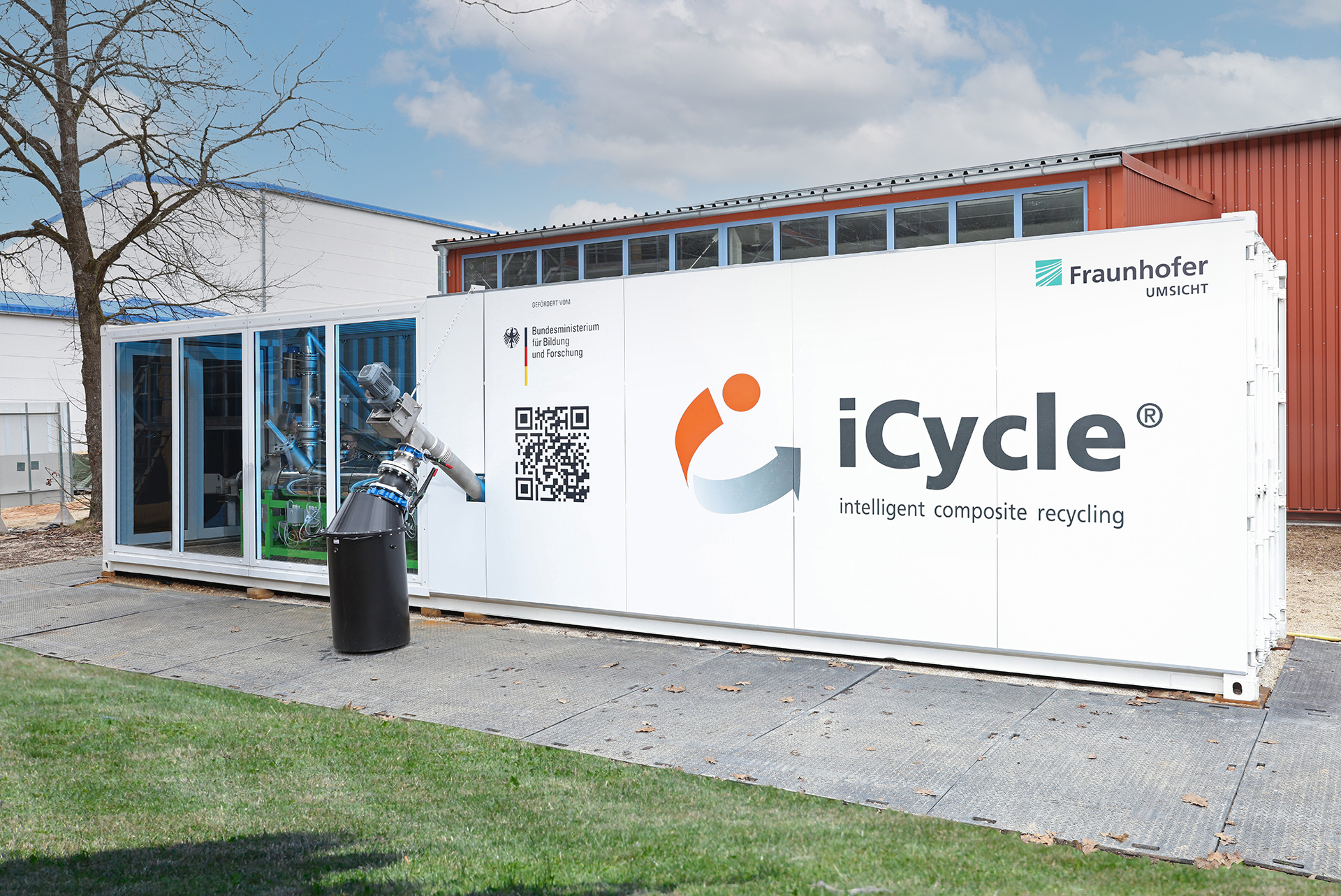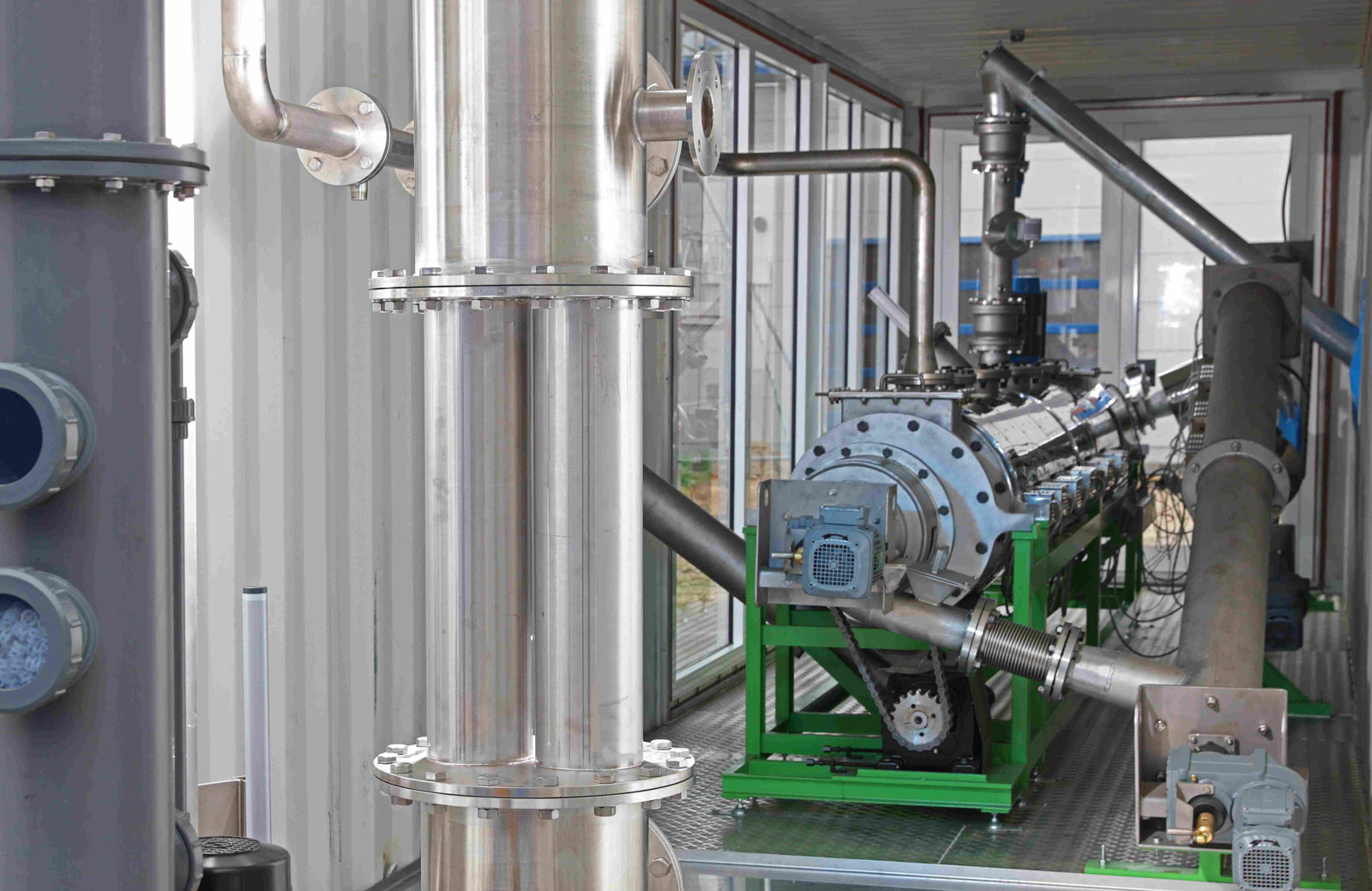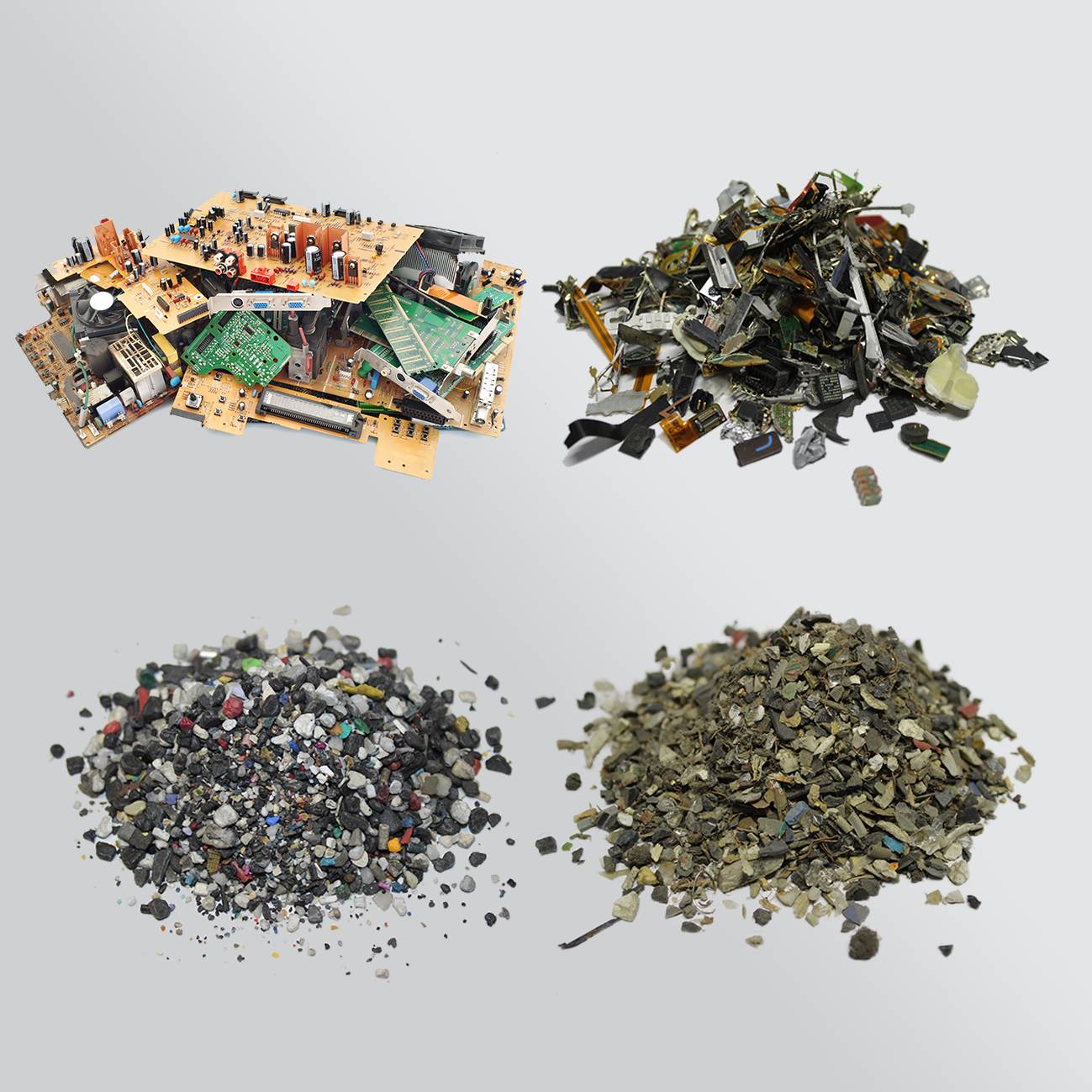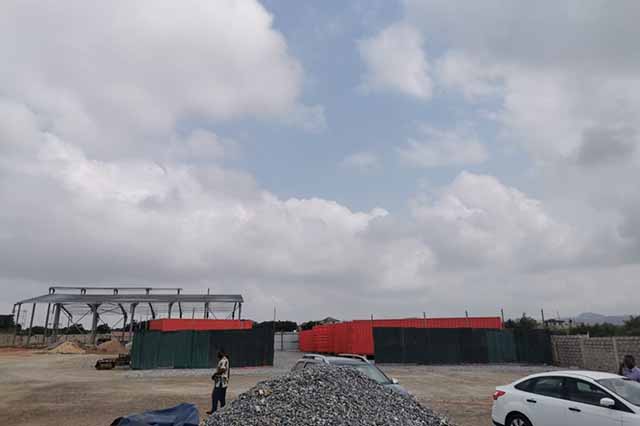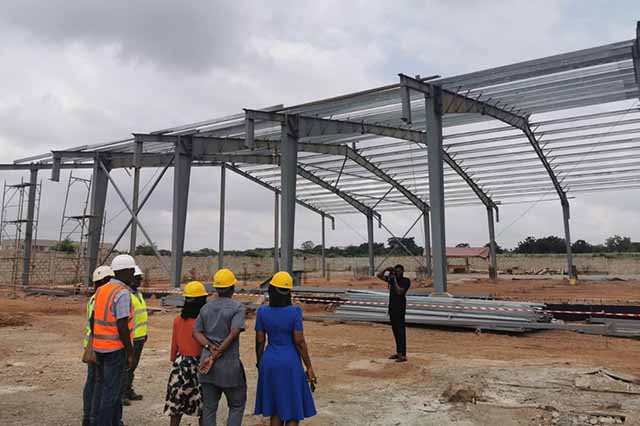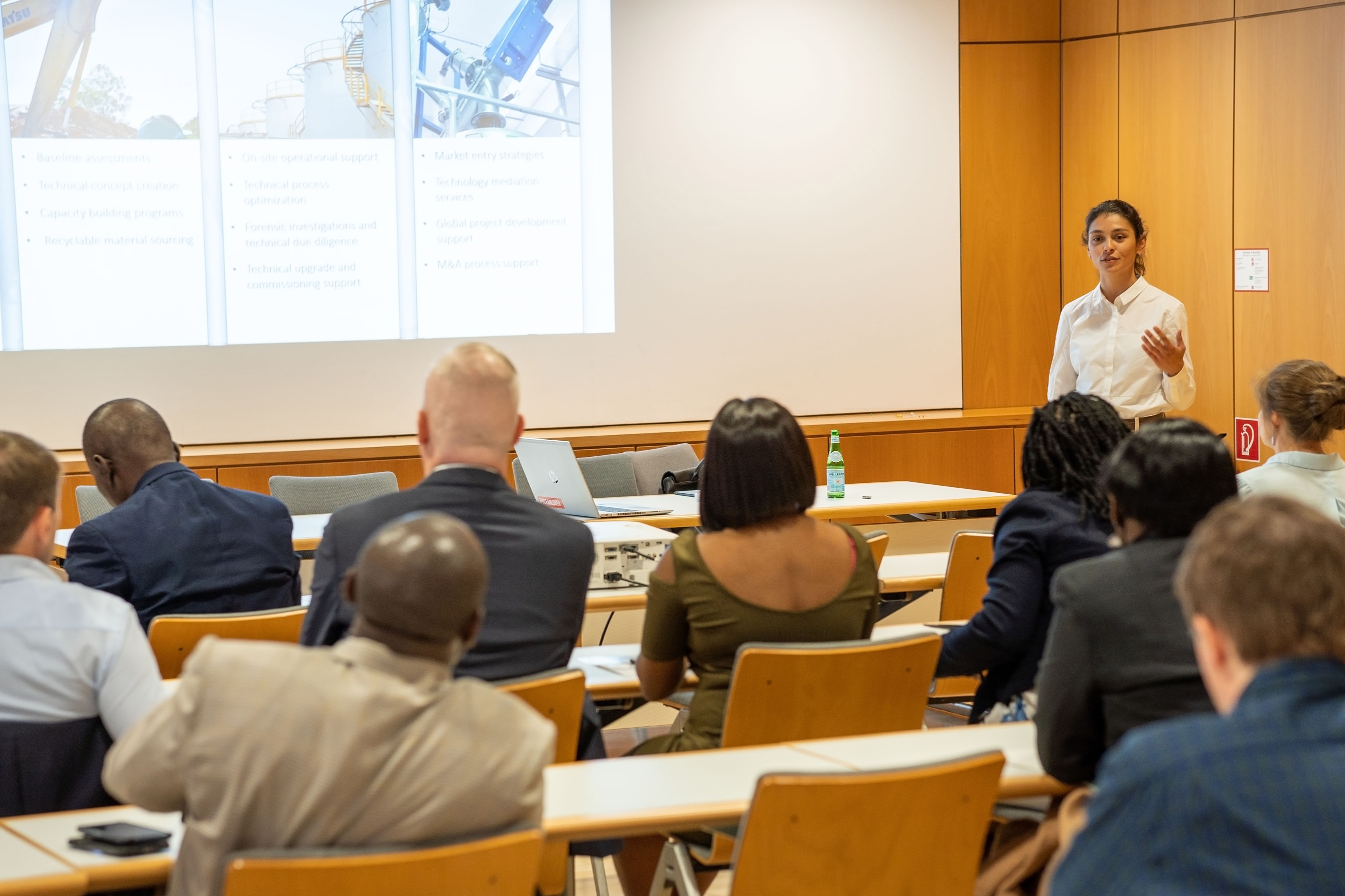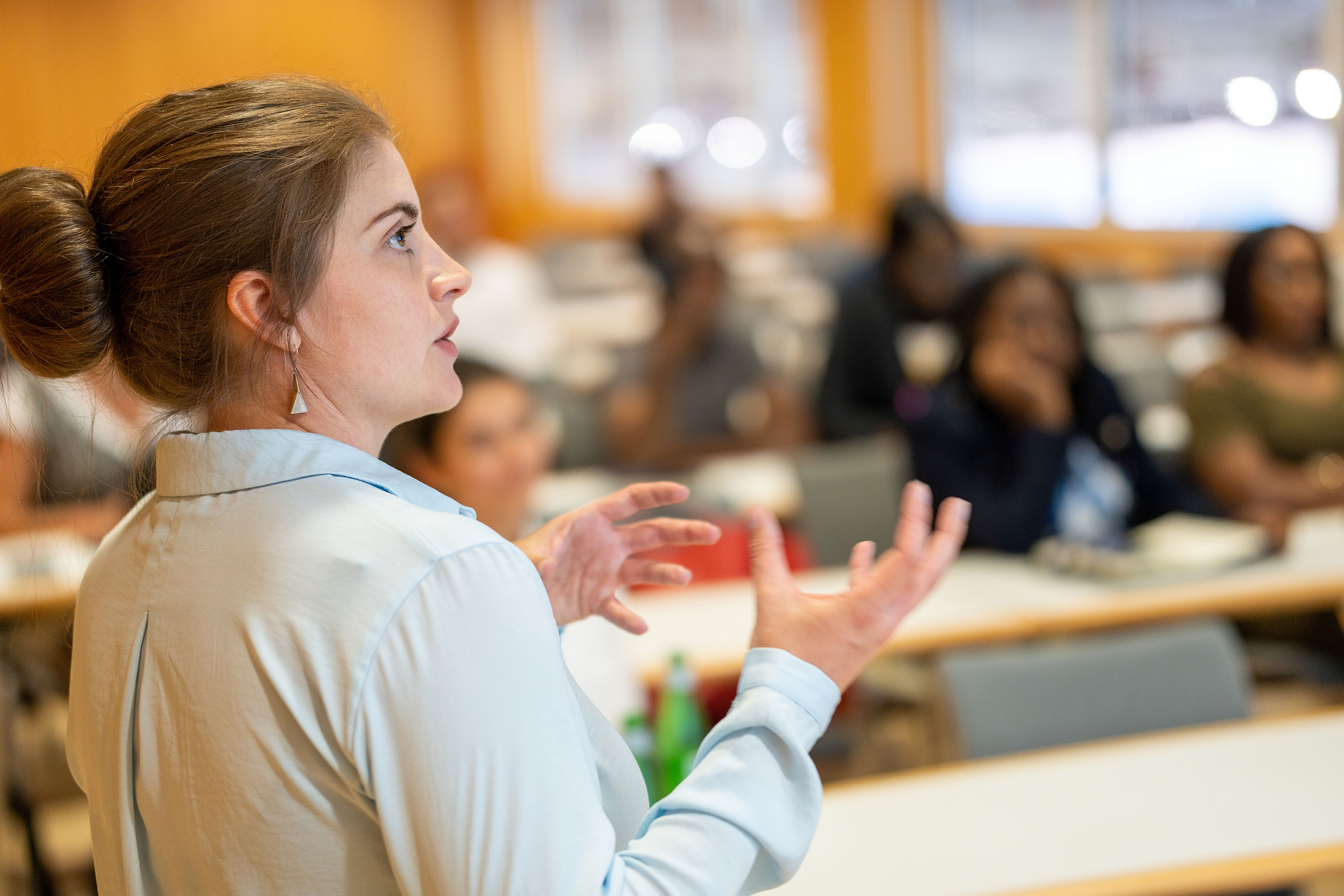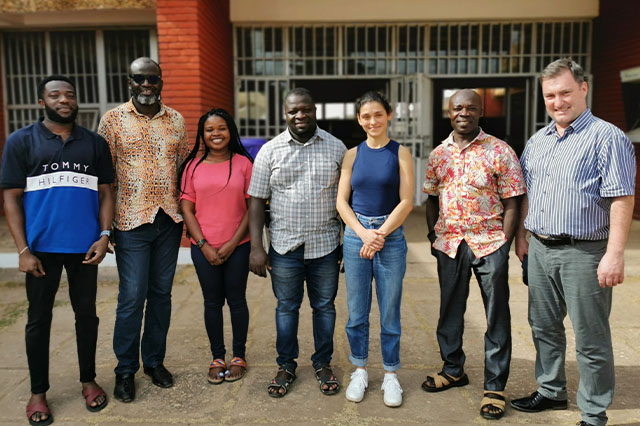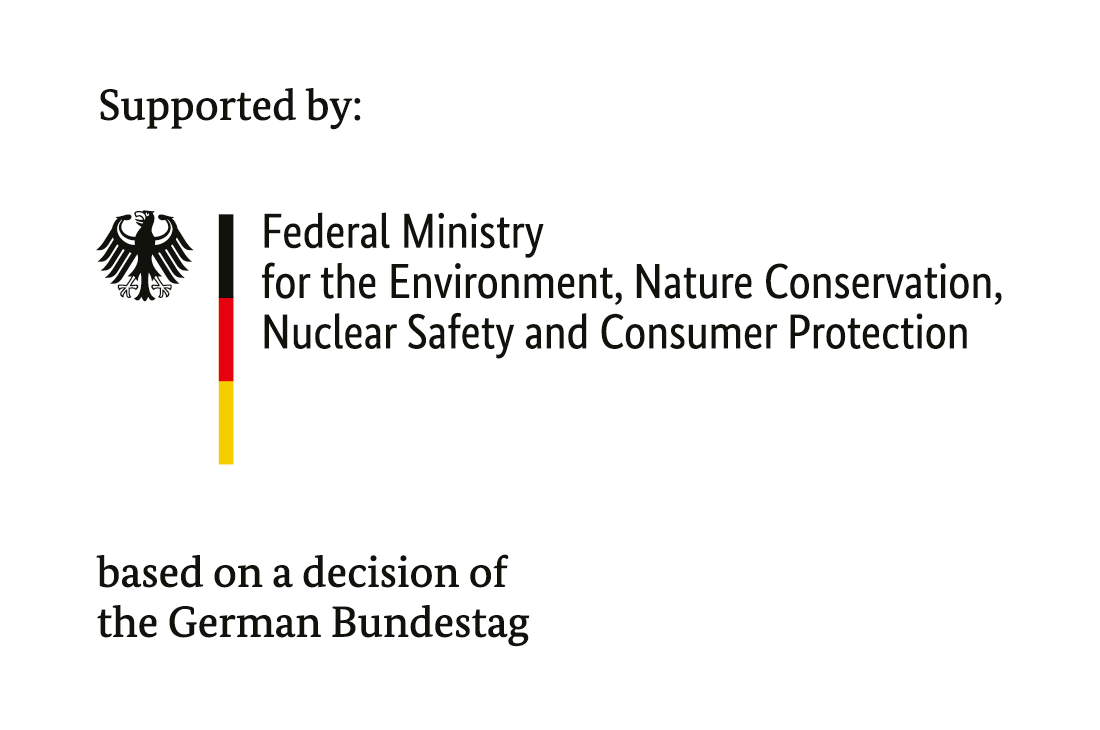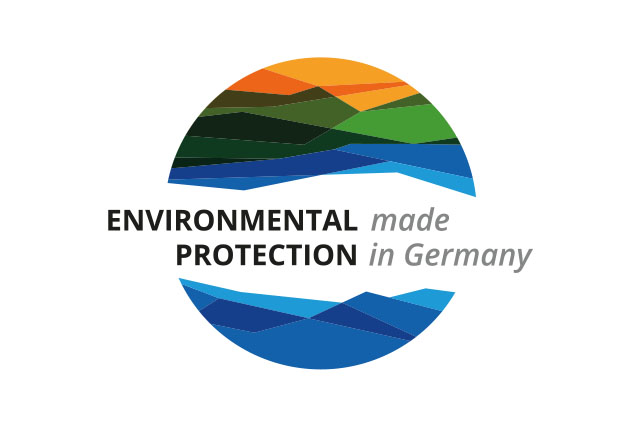Final report of the EAG2-Rec research project
Update March 2024
The research project »EAG2-Rec« has been successfully completed. The aim of the project was to develop concepts for the sustainable treatment of WEEE and its components in Ghana and to initiate their implementation together with Ghanaian and German stakeholders. The results of the project will help strengthen the cooperation between German and Ghanaian stakeholders in WEEE management.
During the projects, four options for the treatment of WEEE in Ghana have been developed, ranging from low-tech options for the recovery of ferrous metals to iCycle®'s high-tech pyrolysis technology.
Posters with the key information on all four concepts can be downloaded here.
Special attention was paid to pyrolysis technology, which is a promising recycling technology for the recovery of metals from waste electrical and electronic equipment and the safe disposal of problematic waste streams. In particular, pyrolysis technology was presented as a viable option for fractions such as capacitors, toner cartridges, thermoplastics and cable insulation waste for which no treatment solution currently exists in Ghana.
In addition to the recycling concepts, a market study was also developed to make it easier for German stakeholders to enter the Ghanaian market. It includes potential financing instruments, a description of the market landscape including potential partners and an overview of the administrative processes.
At the end of the project, an online matchmaking event was held to bring together German and Ghanaian WEEE management stakeholders. The event was moderated by Fraunhofer UMSICHT and attracted almost 40 participants from institutions and business representatives from both countries.
A central element of the event was the presentation and discussion of the most important results of the EAG2-Rec project. In addition, four keynote speakers presented their views on the Ghanaian legal framework, in particular Act 917, the impact of the Basel Convention, the current activities of their companies and the challenges in the treatment of WEEE in Ghana and Germany.
A presentation by Rafaela Craizer covered various financing options and discussed their availability, advantages and disadvantages for the Ghanaian context.



